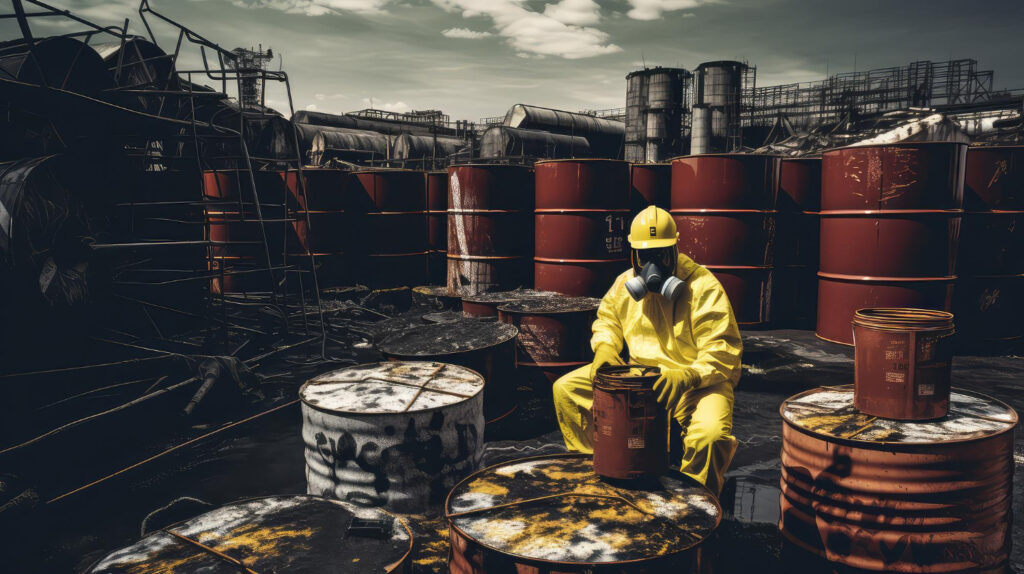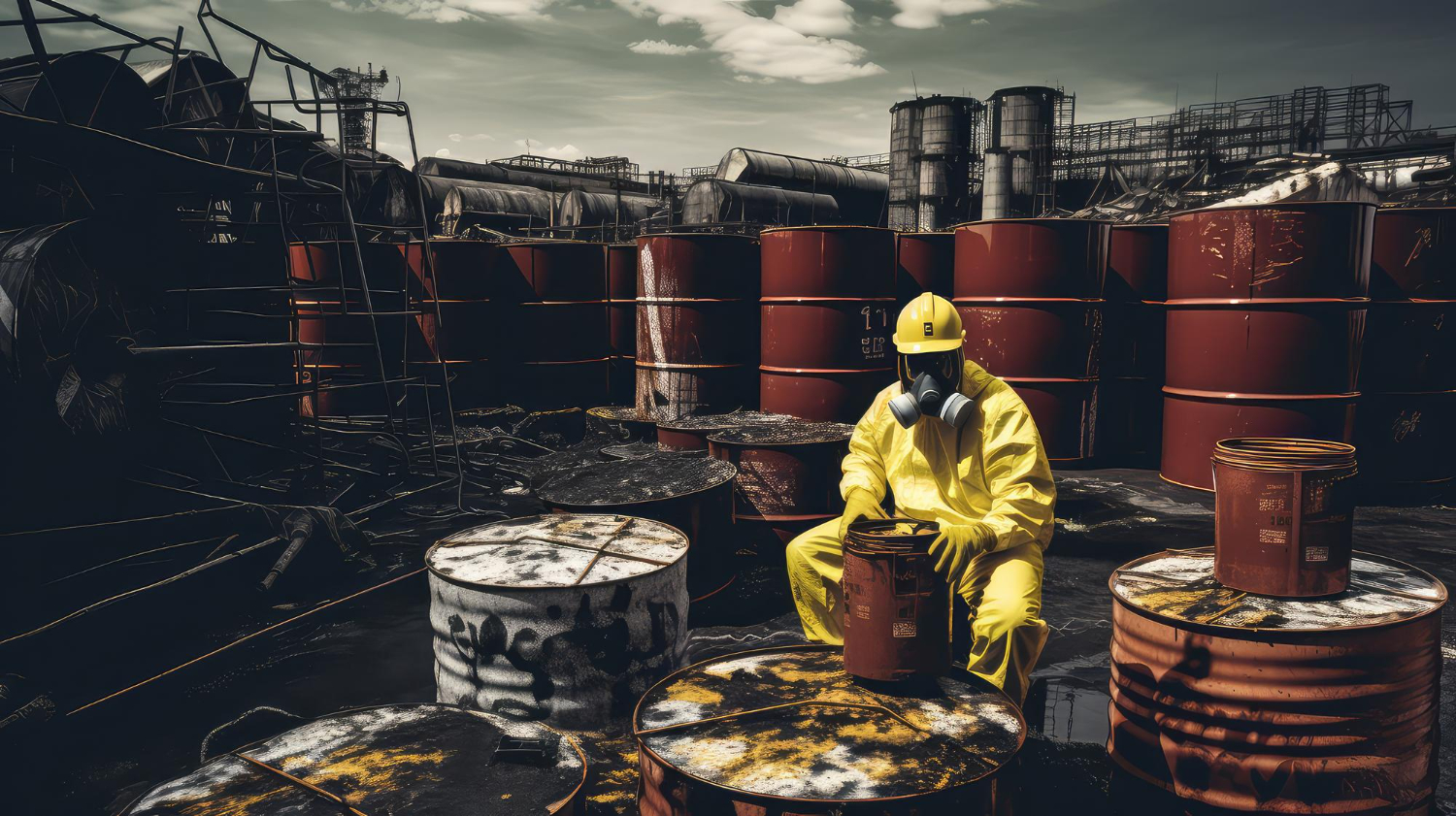Tips for Managing Corrosion in the Petroleum Industry
Corrosion poses a significant challenge to the petroleum industry, impacting safety, environmental sustainability, and operational costs. As a leading authority in corrosion management, CORCON Institute of Corrosion (CIC) recognizes the importance of addressing this issue proactively. In this article, we present ten essential tips for managing corrosion in the petroleum industry, drawing upon our expertise and commitment to promoting corrosion awareness and control.
Conduct Regular Inspections
Regular inspections are essential for identifying corrosion early in equipment, pipelines, and storage tanks within the petroleum industry. Utilizing non-destructive testing (NDT) techniques such as ultrasonic testing, radiography, and magnetic particle inspection can help detect corrosion before it escalates into a major issue. These methods allow for thorough examination without causing damage to the structures, enabling inspectors to pinpoint areas of concern and take timely corrective action.
Implement Corrosion Monitoring Systems
Installing corrosion monitoring systems is a proactive approach that can significantly benefit the petroleum industry. These systems offer real-time data on corrosion rates, allowing for timely intervention to prevent failures. By continuously assessing the condition of equipment and structures, companies can identify potential issues early and take corrective action before they escalate. This not only helps to prevent costly repairs and downtime but also enhances safety and environmental protection measures.
Use Corrosion Resistant Materials
Selecting materials resistant to corrosion is vital for equipment and infrastructure in corrosive environments. Common choices in the petroleum industry include stainless steel, duplex stainless steel, and corrosion-resistant alloys due to their durability and performance. Using these materials can significantly reduce maintenance costs and extend the lifespan of critical assets, ensuring reliable operations in challenging environments.
Apply Protective Coatings
Use high-quality protective coatings on equipment and structures to create an effective barrier against corrosion. Proper application and regular maintenance of these coatings are essential to ensure long-term protection and maximize their effectiveness.
Control Environmental Factors
To minimize corrosion, manage environmental factors like temperature, humidity, and chemical exposure. Use insulation, ventilation, and chemical treatment to control these factors effectively. These measures help maintain equipment integrity and reduce the risk of corrosion-related issues.
Practice Cathodic Protection
Cathodic protection helps prevent corrosion on buried or submerged metal structures by using sacrificial anodes or impressed current systems. It’s commonly used to protect pipelines, tanks, and other assets in corrosive environments, ensuring their long-term integrity and performance.
Maintain Proper Water Treatment
Proper water treatment is essential for preventing corrosion in equipment that comes into contact with water. Regular monitoring and treatment programs help maintain water quality, ensuring the longevity and efficiency of cooling systems, boilers, and other equipment.
Educate and Train Employees
Provide comprehensive training and education to employees on corrosion awareness, prevention, and control. Equip them with the knowledge and skills to recognize and address potential corrosion issues effectively, enhancing overall corrosion management practices for Petroleum Industry.
Collaborate with Industry Experts
Collaborating with corrosion experts, industry associations, and research institutions is crucial for staying updated on the latest corrosion prevention technologies and best practices. By fostering these partnerships, petroleum industry professionals can access valuable insights and resources to enhance their corrosion management strategies, ultimately leading to improved operational efficiency and asset integrity.
Prioritize Safety and Environmental Protection
Above all, prioritize safety and environmental protection in your corrosion management efforts. This includes implementing robust safety measures and adhering to regulatory requirements to prevent accidents and minimize environmental impact. Remember, protecting people and the environment is paramount.
Closing Insights
Managing corrosion in the petroleum industry is essential for ensuring the safety, integrity, and efficiency of operations. The tips provided by CORCON Institute of Corrosion (CIC) offer valuable knowledge and certification for effectively mitigate corrosion risks and protect their assets.
Regular inspections and monitoring in Petroleum Industry are key to identifying corrosion early and implementing timely interventions. The use of corrosion-resistant materials, protective coatings, and cathodic protection systems can significantly extend the lifespan of equipment and infrastructure.
Controlling environmental factors and maintaining proper water treatment are crucial for minimizing corrosion rates. Additionally, educating and training employees on corrosion prevention and collaborating with industry experts can enhance corrosion management practices.
Image Reference : Freepik
Disclaimer: All trademarks, logos, and brand names are the property of their respective owners. All company, product, and service names used in this website are for identification purposes only. Use of these names, trademarks, and brands does not imply endorsement.

